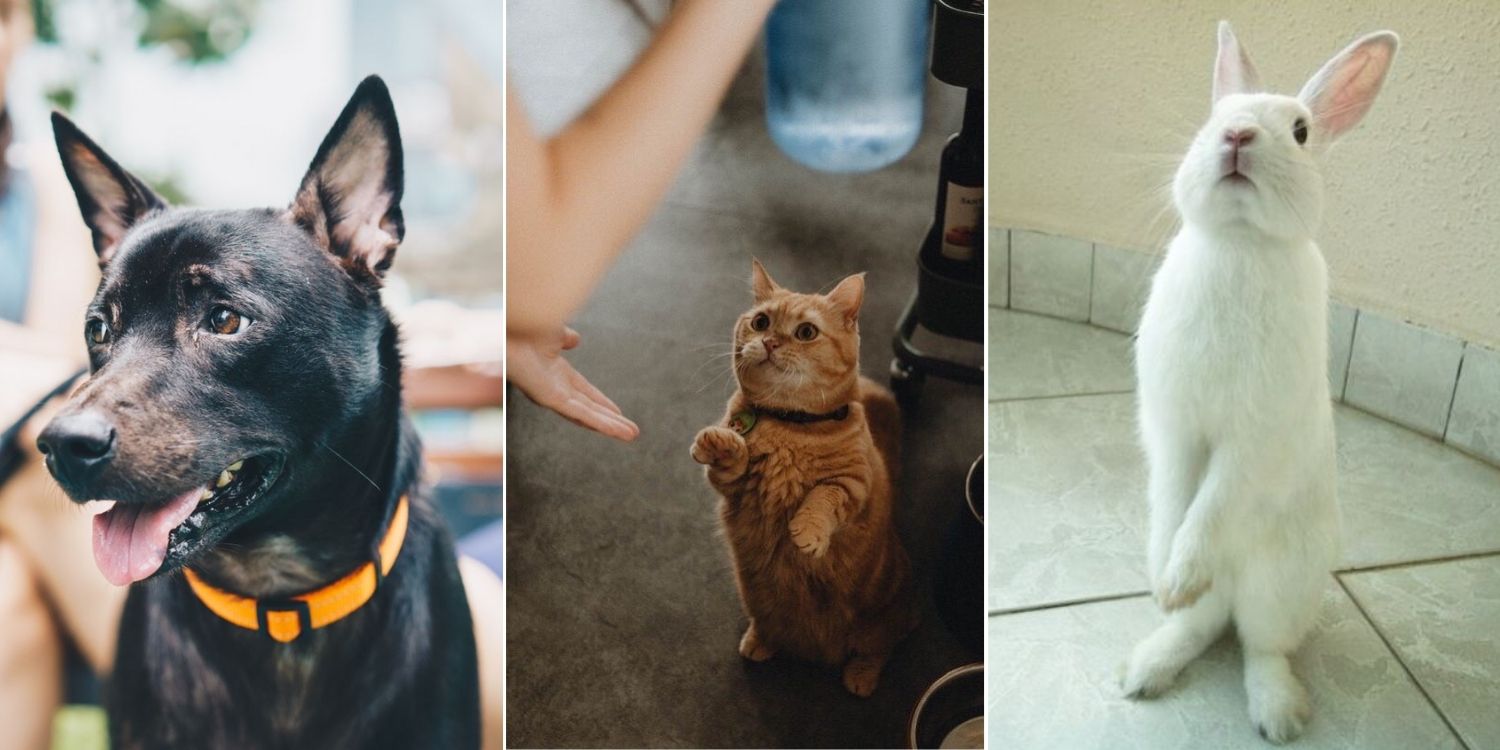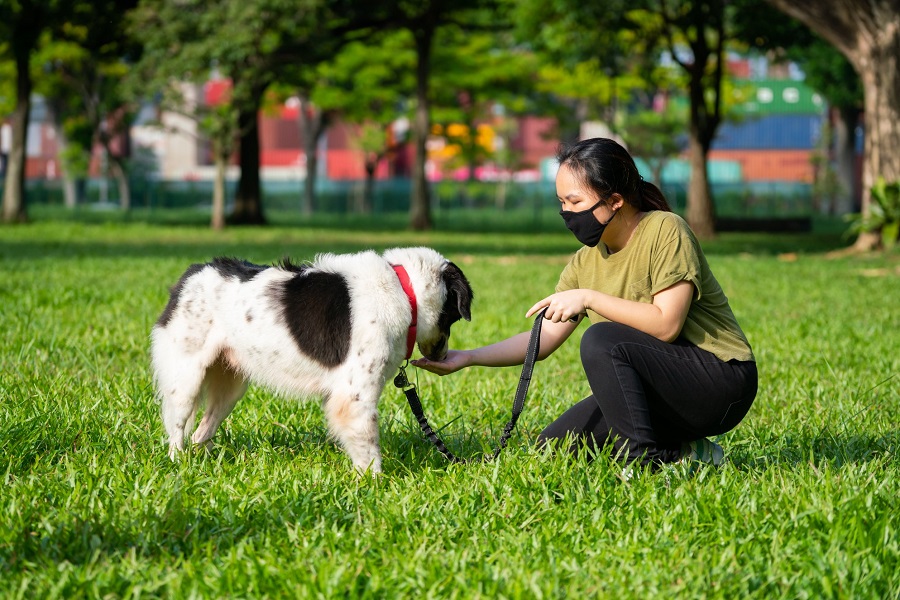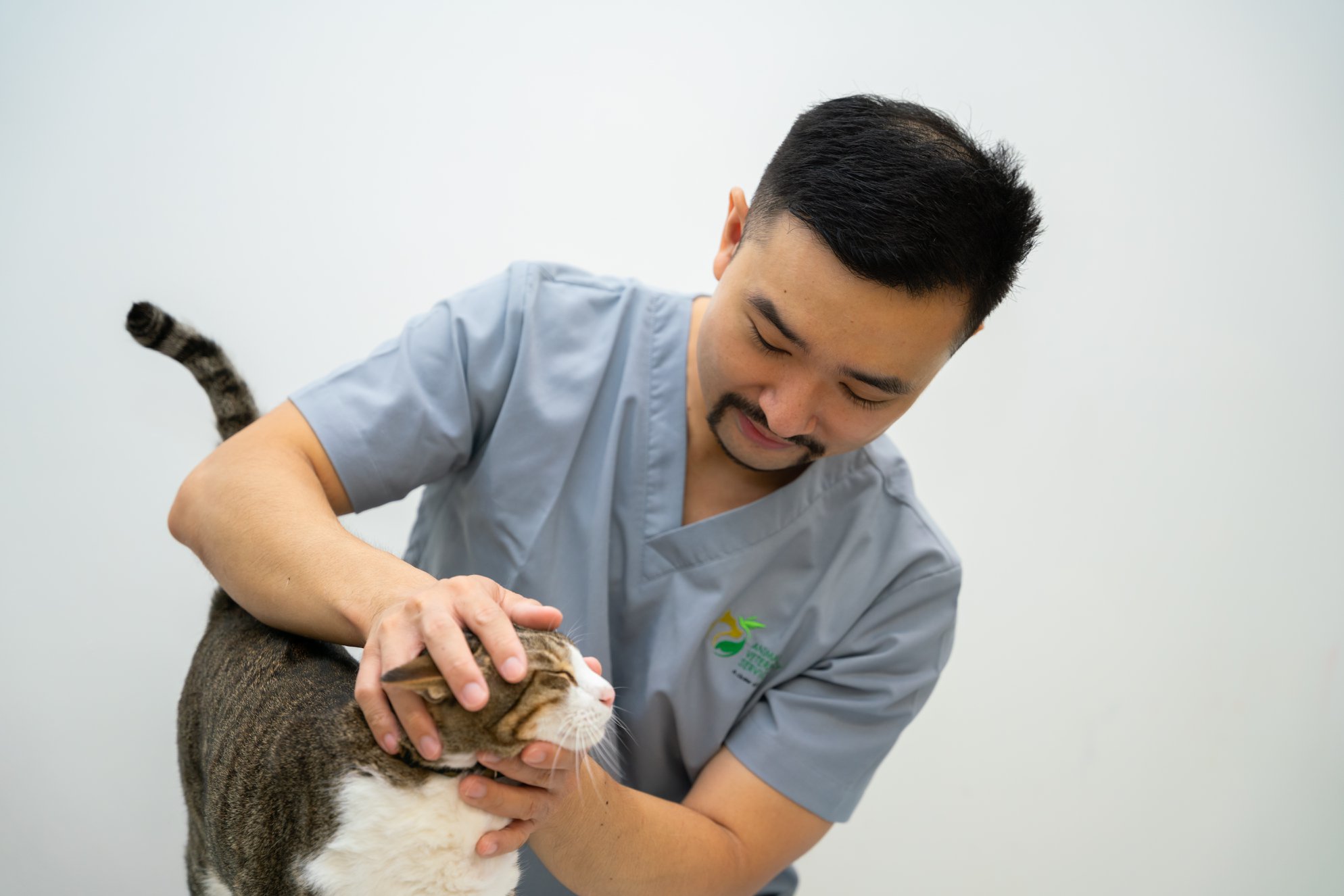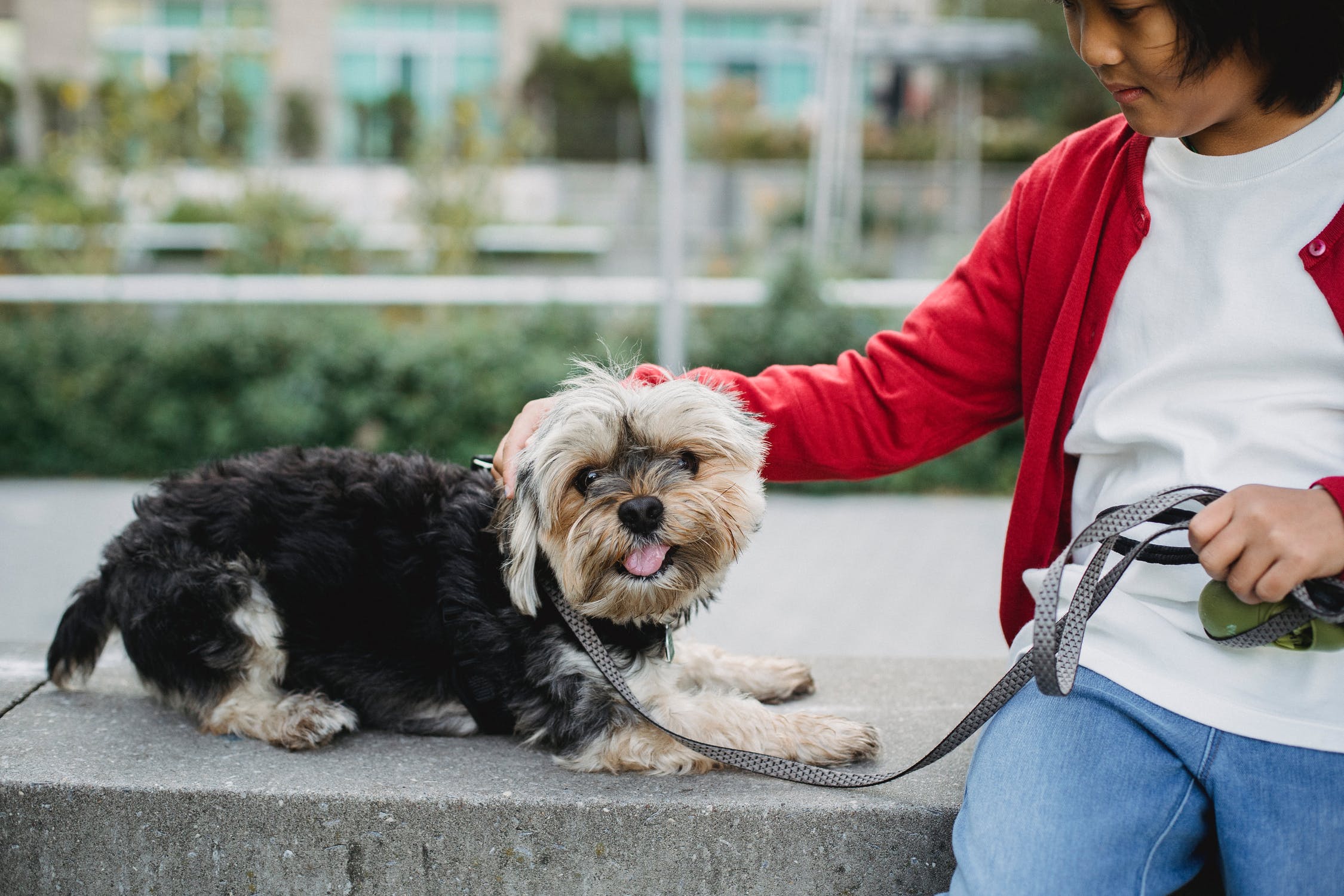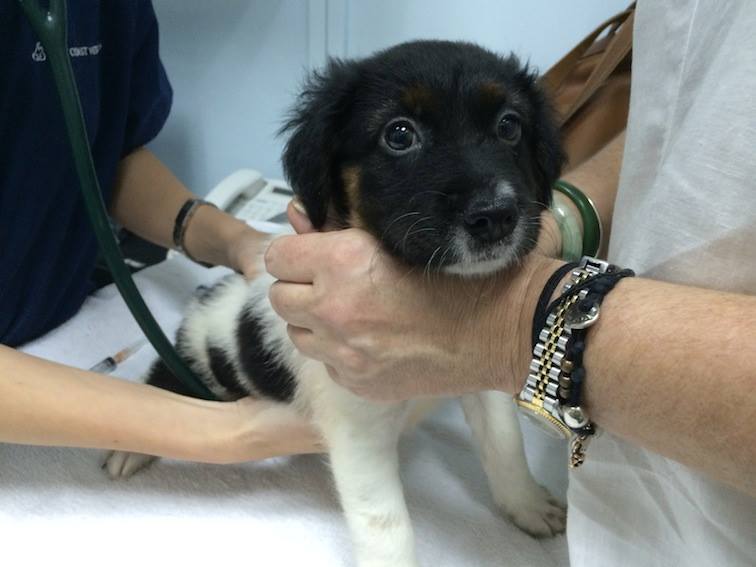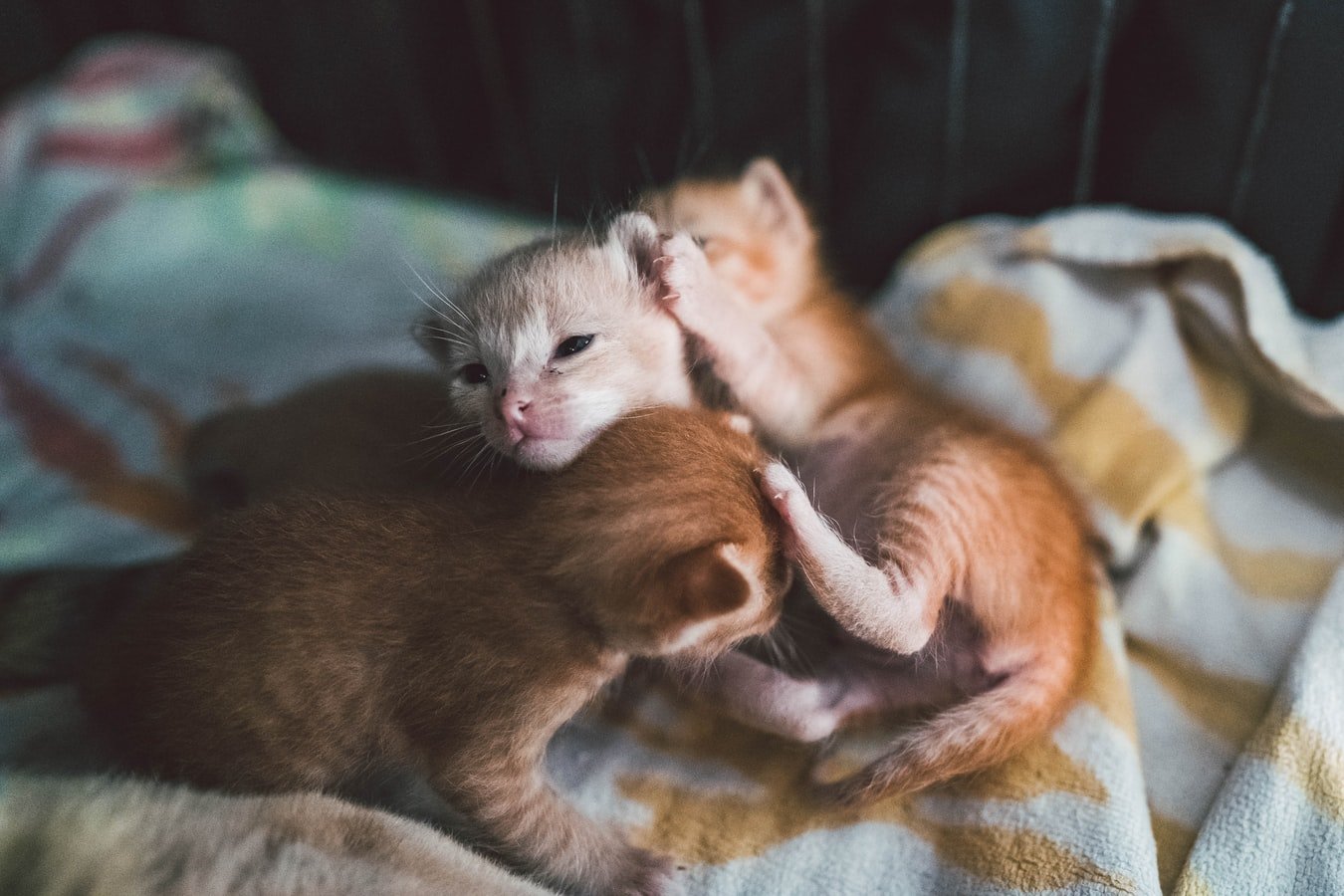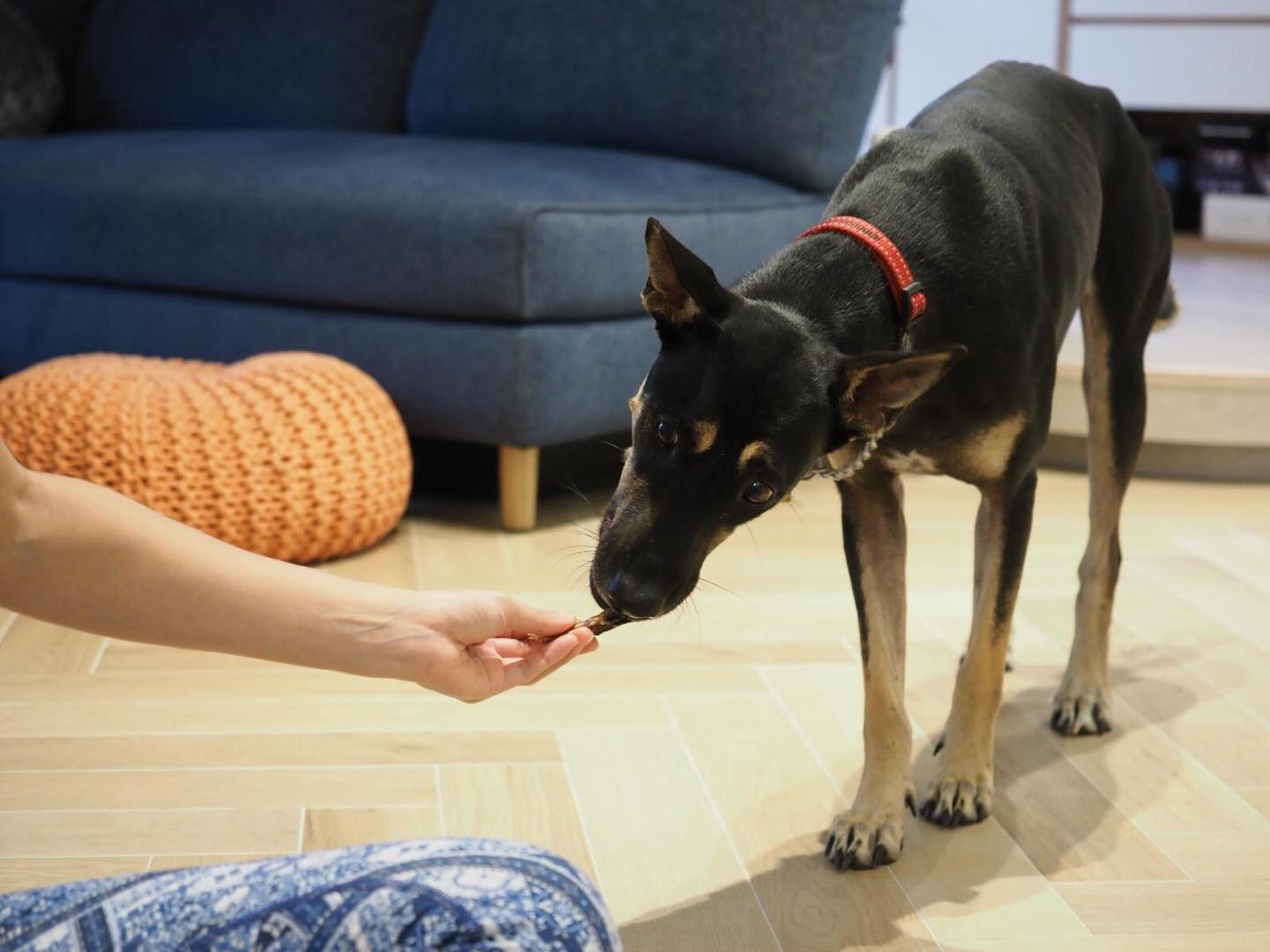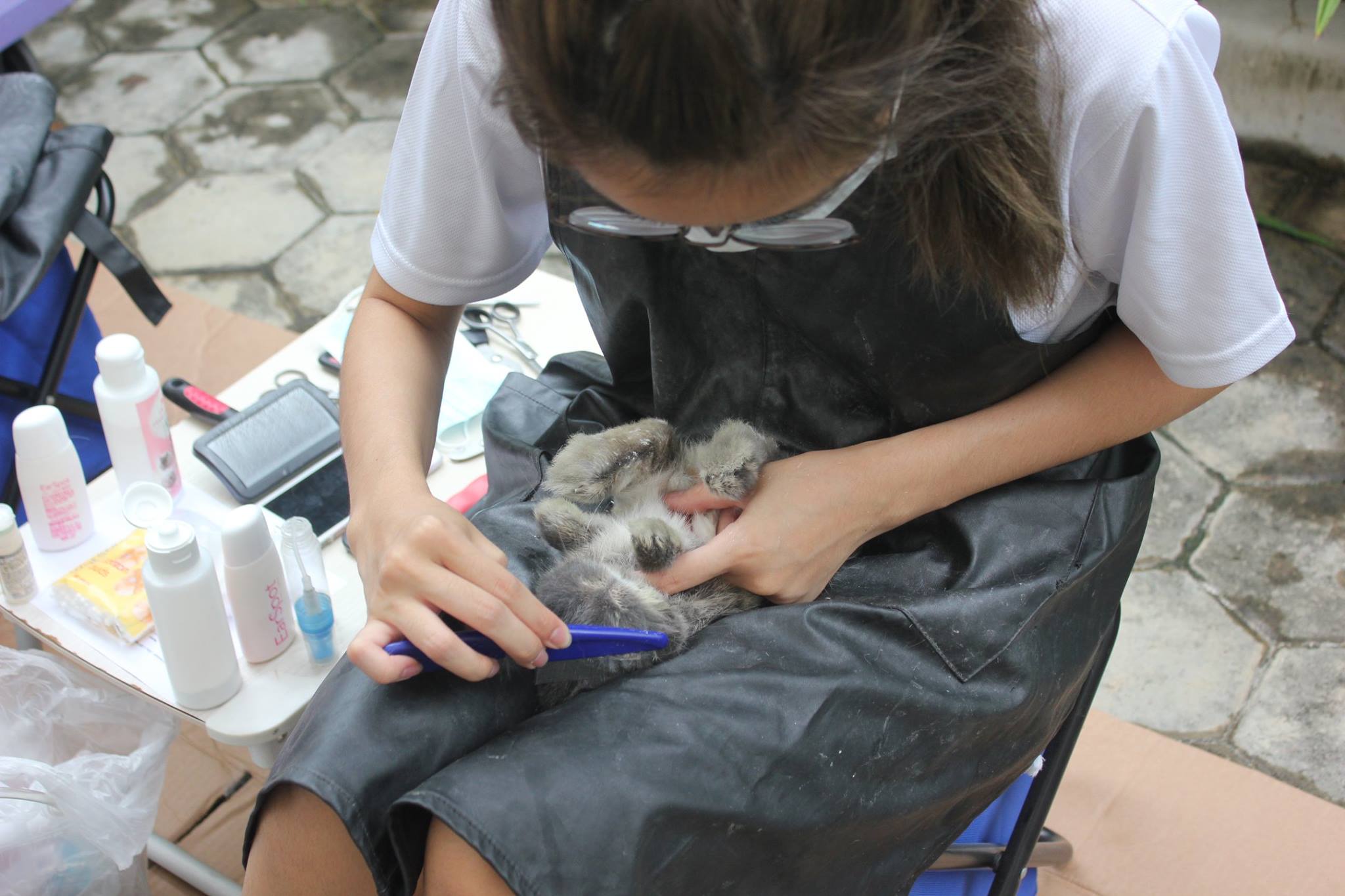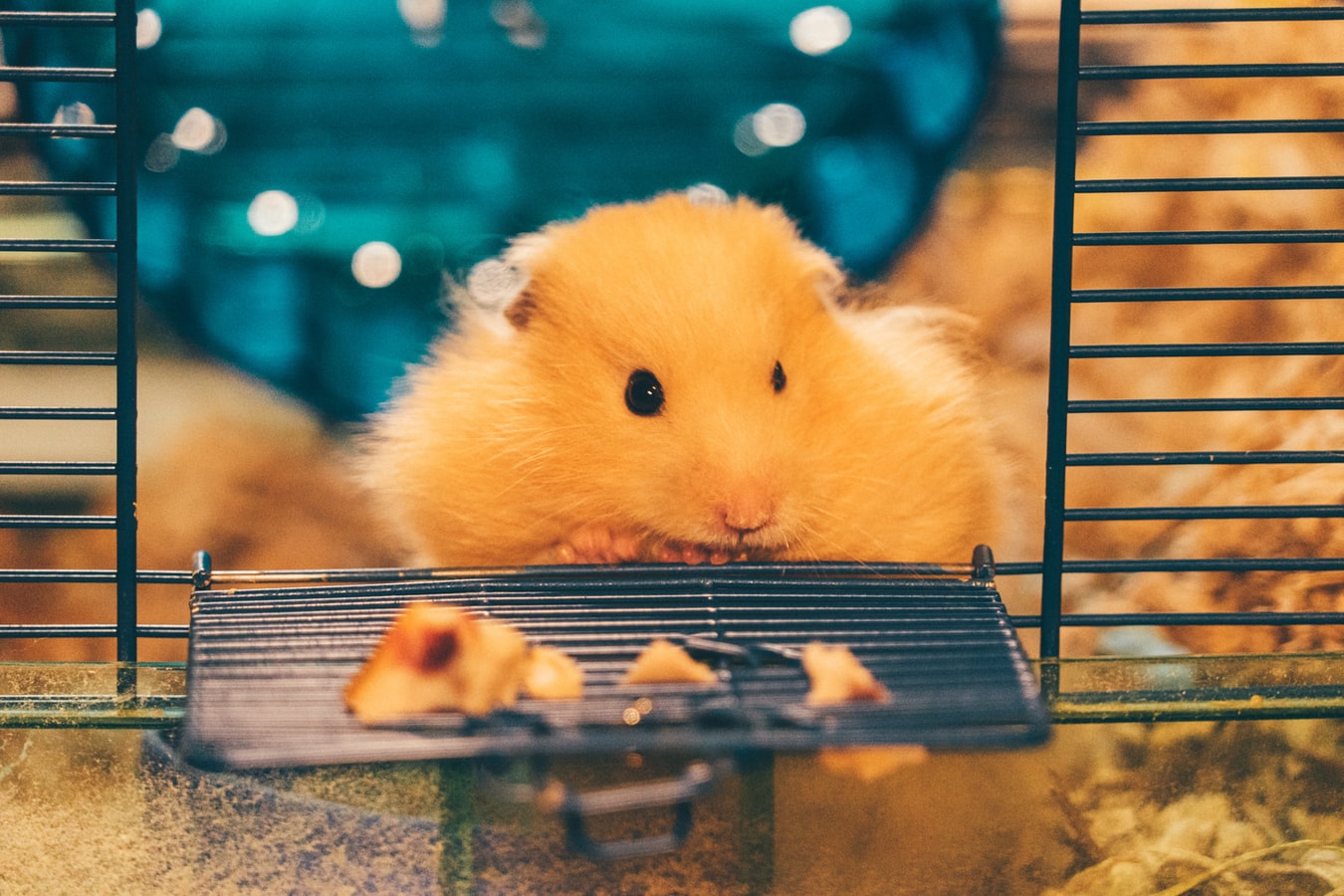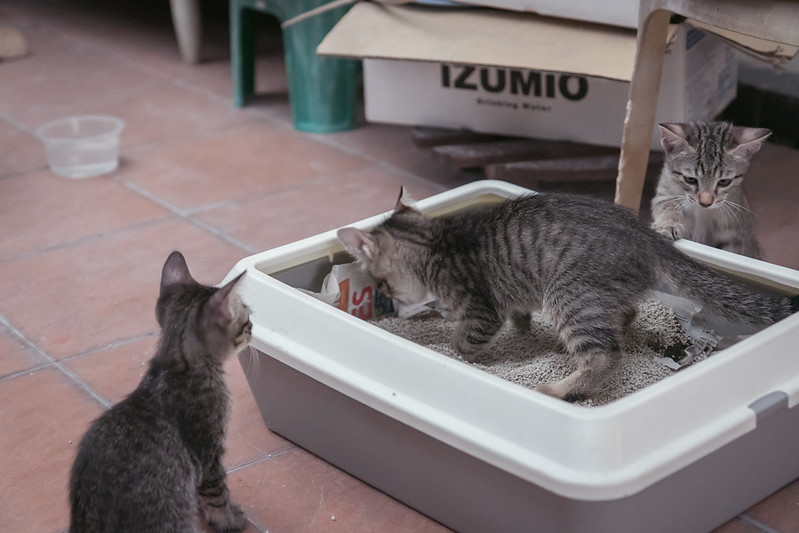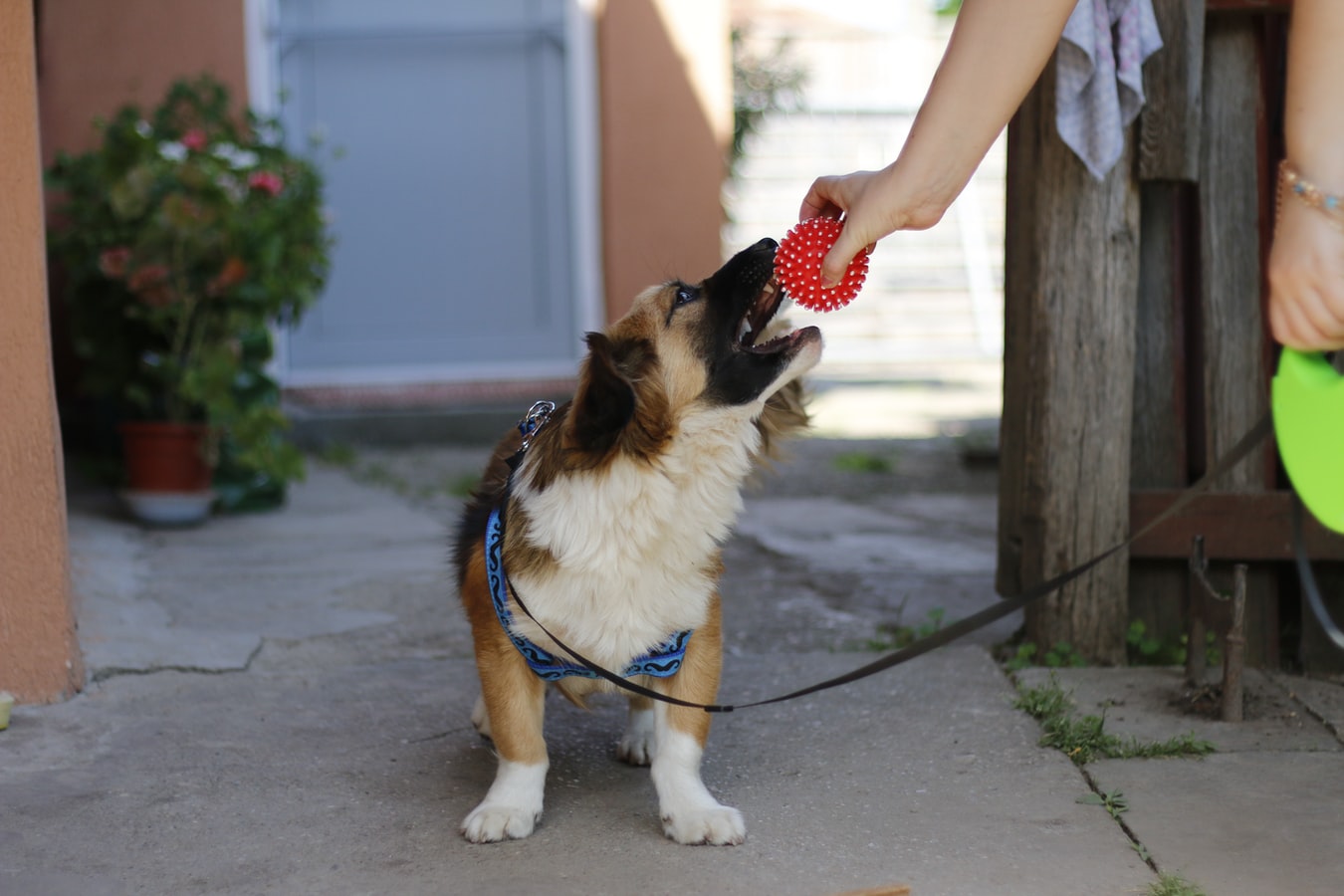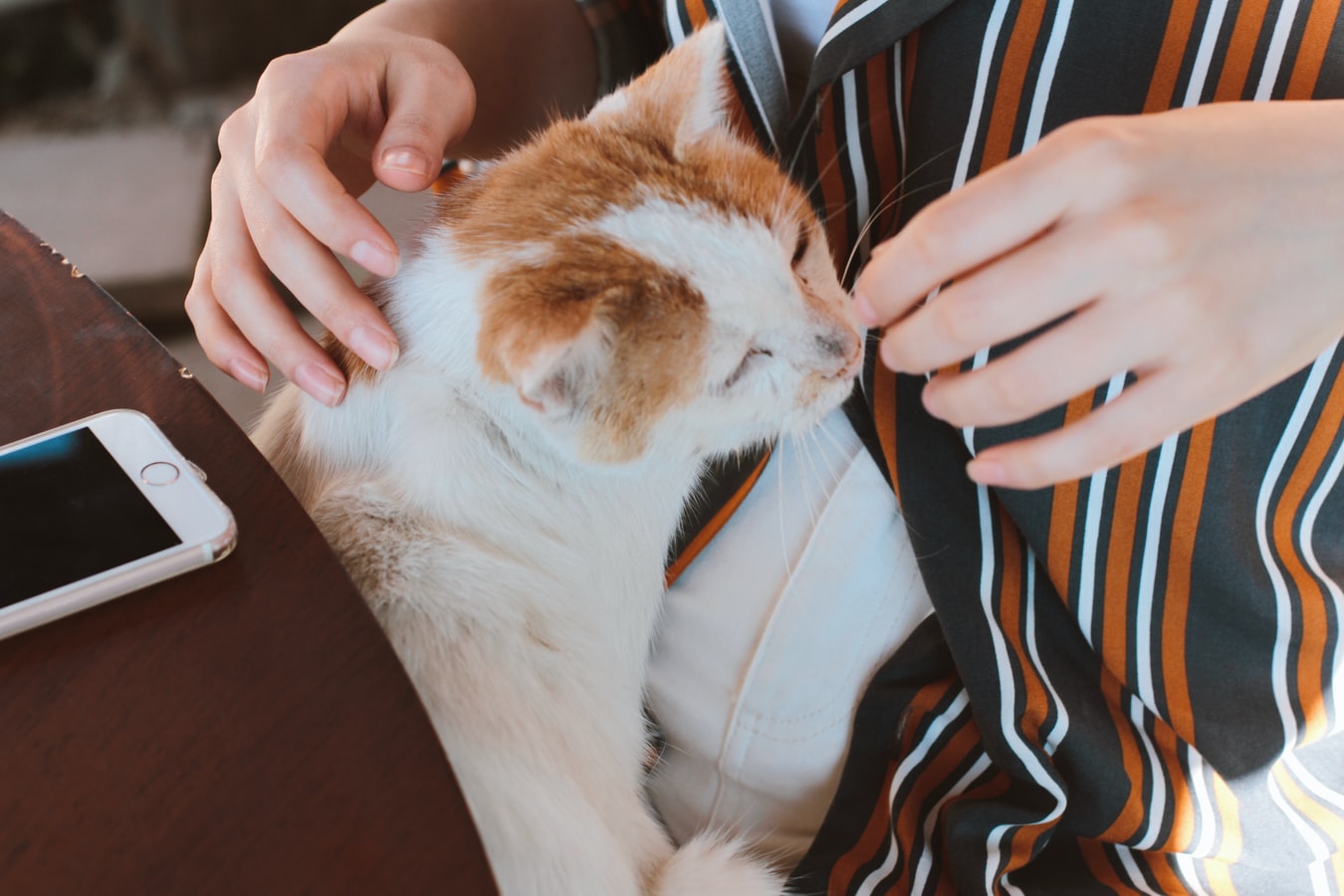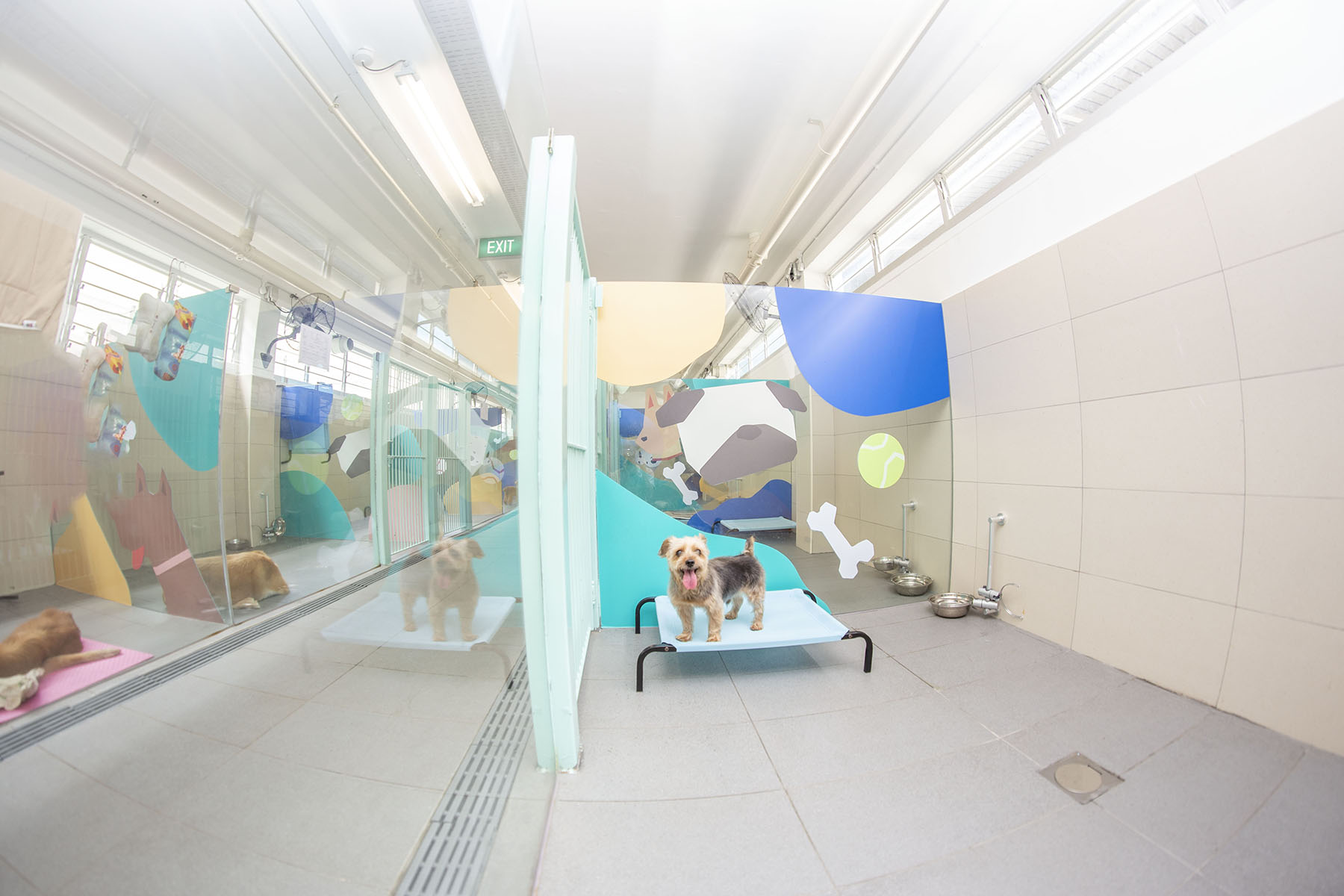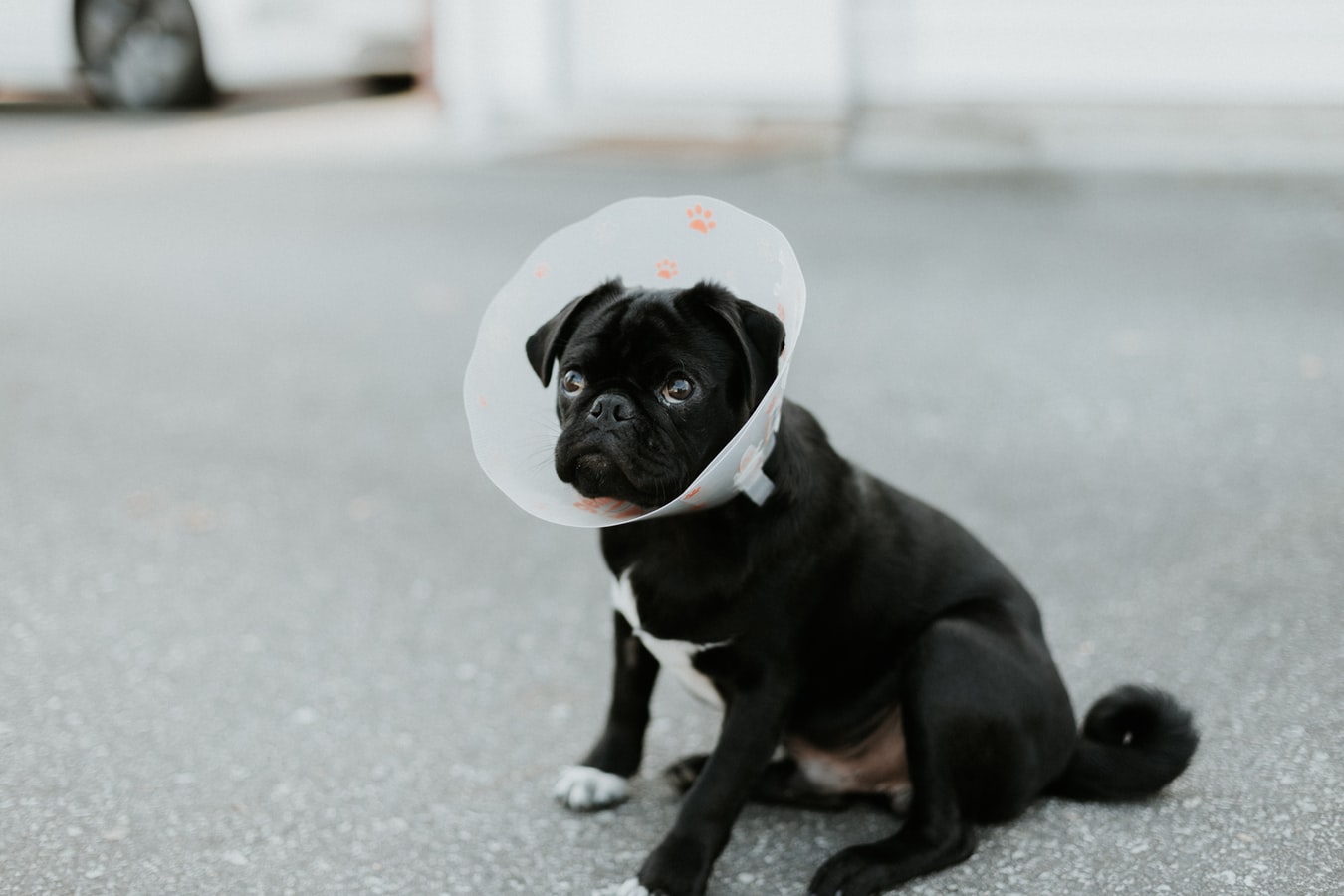A Pet Owner’s Guide To Caring For Your Animals Responsibly
Little cries for attention or affection and quality time together aren’t things only new parents have to deal with.
They’re part and parcel of pet owners’ lives too, as they have to channel a similar amount of care and dedication towards their beloved rabbits, cats, or dogs.
Considering the huge responsibilities you’d have to take on, owning a pet is a major step you’ll have to prepare for.
And since there’s no official guide to the world of pet ownership, we’ve created a useful handbook of sorts, with the help of experts from the Animal & Veterinary Service (AVS).
1. Mental preparation & commitments to make beforehand
Everyday decisions like what to eat or wear can already befuddle many of us, let alone something as major as welcoming an animal into the household.
Therefore, before taking that huge step, you should pause and contemplate several matters seriously.
As time is of the essence to us city-dwellers, fitting daily walks or physical activity with our pets into a tight schedule may be a challenge.
Dogs, in particular, require regular walks and playtime to keep them physically and mentally healthy. So only if you’re sure that you can set aside time for that, should you consider bringing a doggo home.
Note that you should not bring dogs to nature reserves, as this can put their health, as well as the reserve’s biodiversity, at risk.
Another essential part of a healthy lifestyle is a proper diet, which you’ll have to regularly provide your pet with.
Like how some of us meticulously remove the taugeh from our char kway teow, animals can be picky eaters too, so pay attention to what they like or dislike. The right type of food also matters for their health, as some may lead to positive or negative effects.
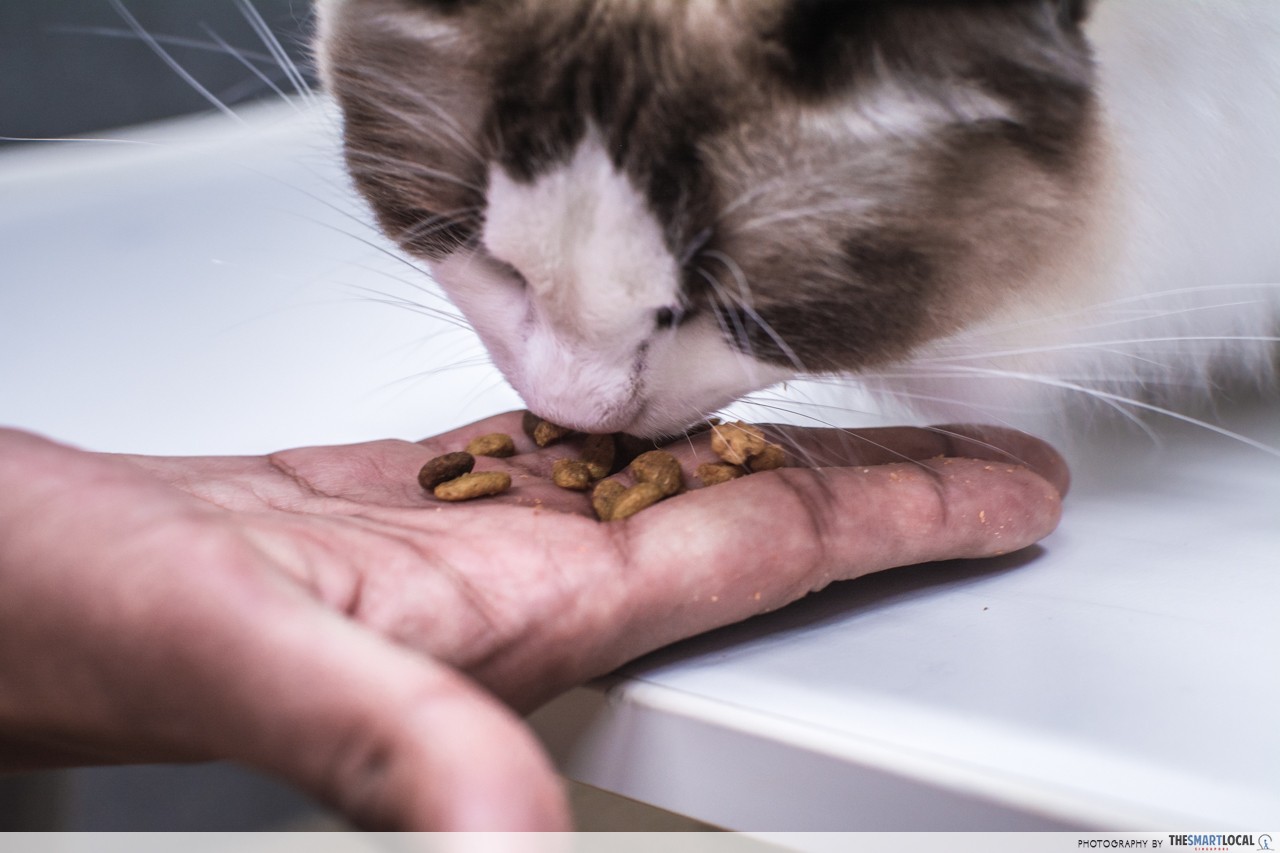
More importantly, be aware of any possible allergies or requirements that your pet may have to adhere to due to their health conditions. Consult your vet closely if you’re uncertain.
Of course, vet visits shouldn’t only be scheduled whenever the need arises. Besides vaccinations, your fur pals must go for regular checkups too, to ensure a clean bill of health.
Since they can’t verbally tell you when they’re unwell, you should monitor your pets closely and be ready to bring them for emergency visits if you ever spot anything amiss.
You’ve probably heard the expression that safety starts at home, which coincidentally applies to pets as well.
They need a safe space to exercise, sleep, and play in, so prospective owners must be able to pet-proof their homes in the following ways, among others:
- Meshing windows & gates (for cat owners)
- Fencing the home properly/keeping the gate closed (for dog owners)
- Keeping hazards like cables out of their reach
Once your home has become a safe haven for your pets, you’ll need to ensure that they have loving company too.
Hence, check that all members of your household are agreeable to keeping a pet, and can share the responsibility of caring for one. After all, pet care isn’t an individual effort.
Like family, caring for a pet lasts their entire lifetime, which can average up to 13 years for a dog, 16 years for a cat, or 12 years for a rabbit.
You should thus be able to meet all the above requirements before saying “I do” to owning a pet.
2. Regular vet consultations & vaccinations
The risk of acquiring an unexpected illness is as real for animals as they are for humans, so be prepared for regular vet visits throughout your pet’s life.
To detect potential issues early, owners should monitor their pets closely at home and learn to check for signs of illness. Here are a few easy steps to guide you:
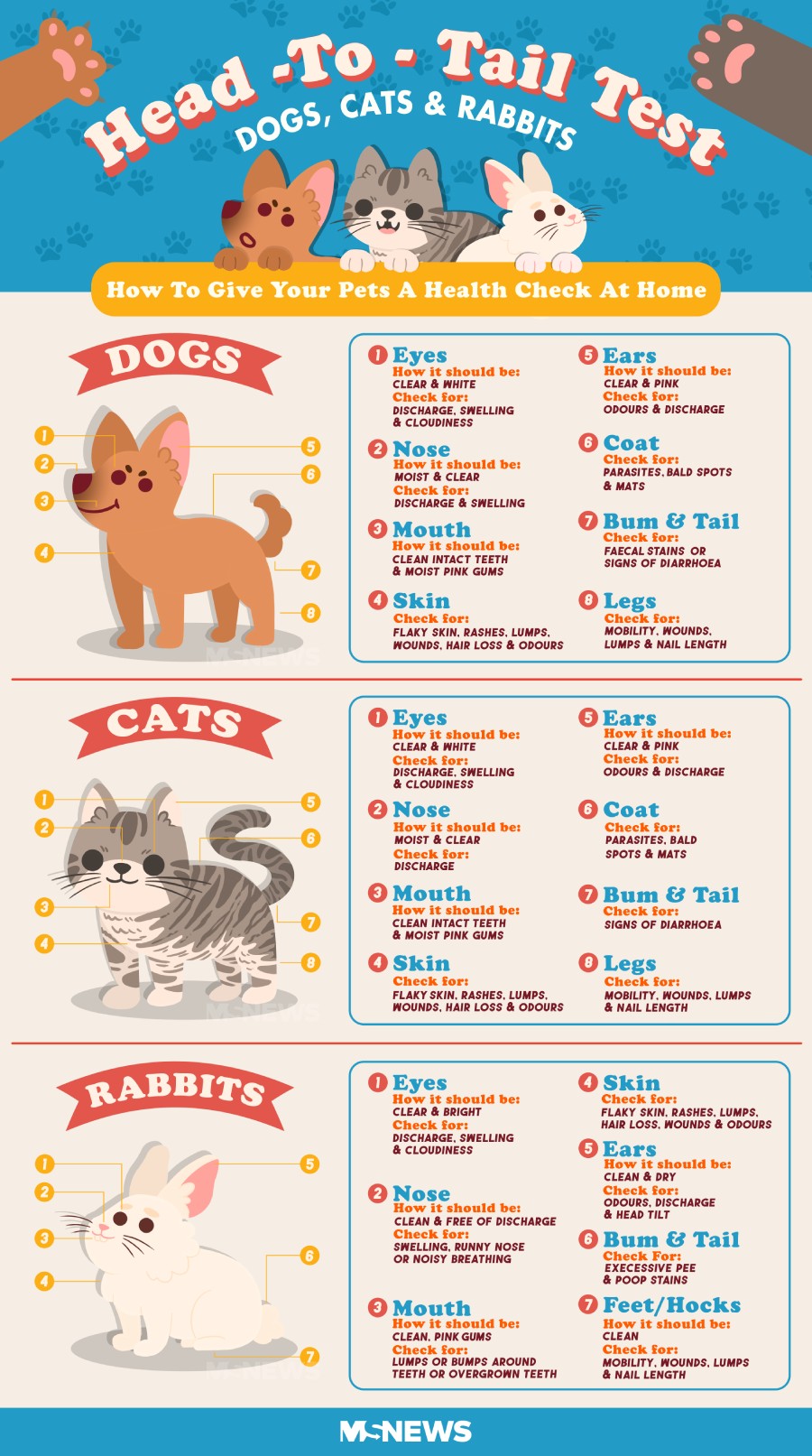
If you spot anything unusual, consult your vet immediately.
Besides looking out for worrying symptoms, there are preventive measures owners can take, like going for regular vet visits, as well as making sure their pets are up to date with vaccinations.
Since vaccinations build up an animal’s immune system to fight off or defend against infections, they help to protect pets from vaccine-preventable diseases and reduce the need for antibiotics, which when used incorrectly, can lead to antimicrobial resistance.
Owners who are unsure about what vaccinations your dogs and cats need and how often they should get one should consult their vets.
The Singapore Vaccination Guidelines Working Group, comprising vets from AVS and the Singapore Veterinary Association (SVA), has also created an easy reference guide. The full version is available via the link here.
3. Neutering or spaying pets
A major aspect of pet health that many may not know about is sterilisation, which prevents unnecessary breeding and reduces the number of unwanted animals.
Pet owners should consult their vets on the appropriate age of sterilisation for their pets.
Spaying or neutering also reduces the risk of certain cancers, infections, and diseases, which means that you’ll be giving your pets one of the best forms of protection.
The procedure should be done by a licensed vet in strict sterile conditions, with your pet under general anaesthesia.
4. Behavioural training
Once you’ve gotten all the medical necessities out of the way, introducing an animal to a new forever home comes with its own set of challenges.
A key way to counter this problem is through training, which helps them to adapt to their new surroundings.
For dogs especially, aspects like toilet training will settle them into their new homes. Not only will they be comfortable, owners can rest easy too, knowing that their homes will stay clean.
Moreover, since training usually extends over a period of time, the process will strengthen the bond between pet and owner, allowing you to better understand and appreciate them.
Dogs adopted under ProjectADORE have to undergo obedience training, with additional 1-on-1 sessions available for canines with behavioural issues.
5. Grooming
Making sure your pet’s fur stays glorious for the Instagram likes and follows isn’t the only reason for you to groom them.
Besides giving them a lovely spa day, grooming helps to keep them clean and prevent dust and germs from being trapped on their coat, which may lead to skin problems.
Basic grooming often includes:
- Nail clipping
- Ear cleaning
- Teeth brushing
- Shaving paw pads
- Bathing
- Conditioning
- Drying
- Brushing
New pet owners who aren’t confident to do any of the above themselves should take their pets to a certified groomer, and let the paw-fessionals work their magic.
How often you should groom your pet depends on the length of their fur — the longer, the more frequent.
6. Basic supplies for regular use
To keep your pets comfortable at home, owners should get some basic supplies ready.
Cats or dogs may sometimes sleep anywhere, but they’d appreciate a cosy nook of their own nonetheless. As for rabbits, hamsters, and birds, cages will keep them safe and snug.
They’ll need some food to nibble on and water to drink while they lepak at home, so get some suitable bowls which can contain the right amount.
All that indulgence doesn’t come without expulsion — make sure your pets have their designated areas to pee and poop, and always keep them clean because nobody likes a dirty toilet.
Cats normally require litter boxes and dogs, potty trays, sometimes with extra pads lining them, so keep some backup to replenish them after usage.
Pet owners who take their animals out for some fresh air or exercise will need to invest in leashes and harnesses for walks. Bring along their fave toys too for the ultimate playtime.
Kitties will appreciate scratch posts which help to trim their nails. But don’t be fooled by their agility as they scratch and stretch, as felines can be clumsy too.
This is why installing meshes on your windows is important, to prevent any dangerous falls.
Whether your pet’s the indoorsy or outdoorsy type, a well-ventilated carrier is still essential for those regular vet visits. This will ensure that your pets stay comfy on the car ride there and back.
7. Immaterial necessities your pets need
Ticking the above items off a checklist may seem sufficient, but you should remember that love makes the world go around. By that, we mean some serious tender loving care (TLC).
Even if you’re able to provide your pet with the most luxurious living space, they still need a little lovin’ to be happy, just like us.
Give your doggos or kitties that belly rub or pat on the head when they try to manja with you, and reward them with snacks occasionally.
Ensure that their space in the house is always spick and span, with enough water and nutritious food. When they can sense that you’re attentive, they’ll surely love you right back.
8. Boarding, when no carer is available at home
When the opportunity arises, travelling overseas is a welcome escape from life here in Singapore, but this means you’ll need someone to look after your pets.
Thankfully, there are various pet boarding services that’ll help care for your animals while you’re away.
So instead of troubling a friend to drop by your home, you can reward your pets with their own hotel stay while you enjoy yours peacefully.
9. Cremation
Being away from our pets for a short while can be difficult for some, so one can only imagine how painful a permanent separation would be.
Sadly, such a moment will have to come inevitably, and you’d want to be ready for it.
Arranging for a cremation after your pet’s passing will ensure a proper send-off, and since services are few, we’d recommend looking some options up.
If your pet passes away in a clinic, you may inquire about cremation arrangements with the vet directly.
10. Where & how to get a pet
Now that you’ve navigated the complex world of pet ownership, and have come this far, you’d probably be more or less ready to get one.
While purchase and adoption are viable options, the latter allows you to give animals, especially senior ones, a second chance at leading a better life.
Singapore has at least 10 animal welfare groups with pets ranging from hamsters, to bunnies and dogs up for adoption, so you won’t be restricted in variety.
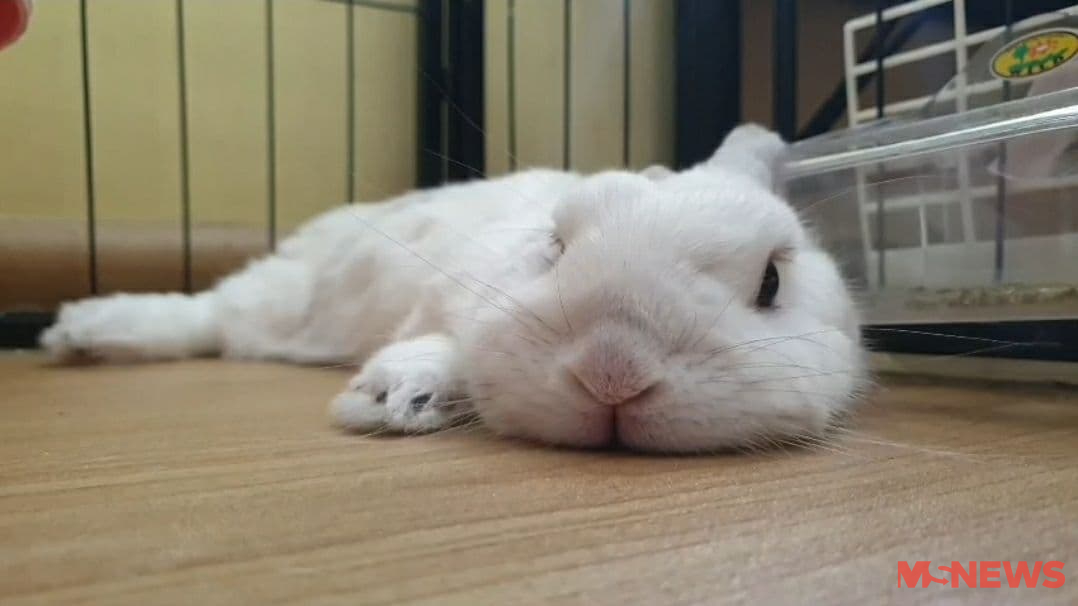
A specific breed doesn’t matter, since a good pet can come in all shapes and sizes.
Animals which have never known a loving home or recently lost one are always seeking new families, so you’ll be doing them a great service by putting a roof over their little heads.
If you’d prefer buying one, make sure to check that the pet shop carries a valid license, and follow AVS’ pet purchasing guidelines.
Strictly avoid suspicious online sources, as they could be backyard breeders who may not have treated the animals well.
Once you’ve confirmed that the seller has no red flags, check that the animal has been dewormed and vaccinated before you bring it home.
Consider your options carefully, before prepping your home for your pet. When you think you’ve had everything sorted, get that carrier ready to bring your pet to its forever home.
Proper pet care is a serious responsibility
Responsible pet ownership involves dedicated care and attention throughout the animal’s life.
Beyond financial capabilities, owners must be able to commit their time and effort towards protecting their pets’ health and ensuring that they live comfortably.
Therefore, before you decide to get a pet, make sure that you have thought through at least the above considerations.
Use this article as a checklist to guide you, on your journey towards being a responsible pet owner.
This post was brought to you in collaboration with Animal & Veterinary Service (AVS).
Featured image adapted from TheSmartLocal, SPCA Singapore on Facebook & courtesy of an MS News reader.

Drop us your email so you won't miss the latest news.
